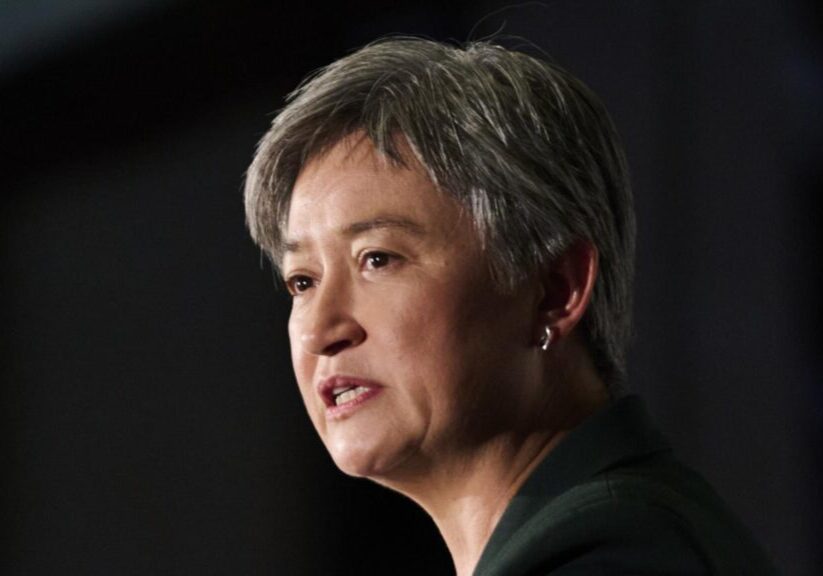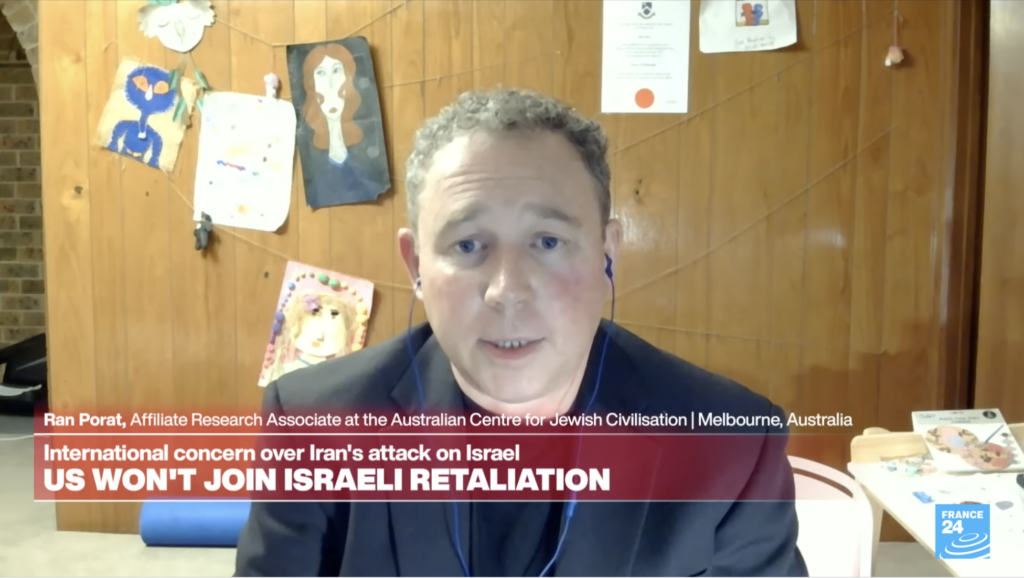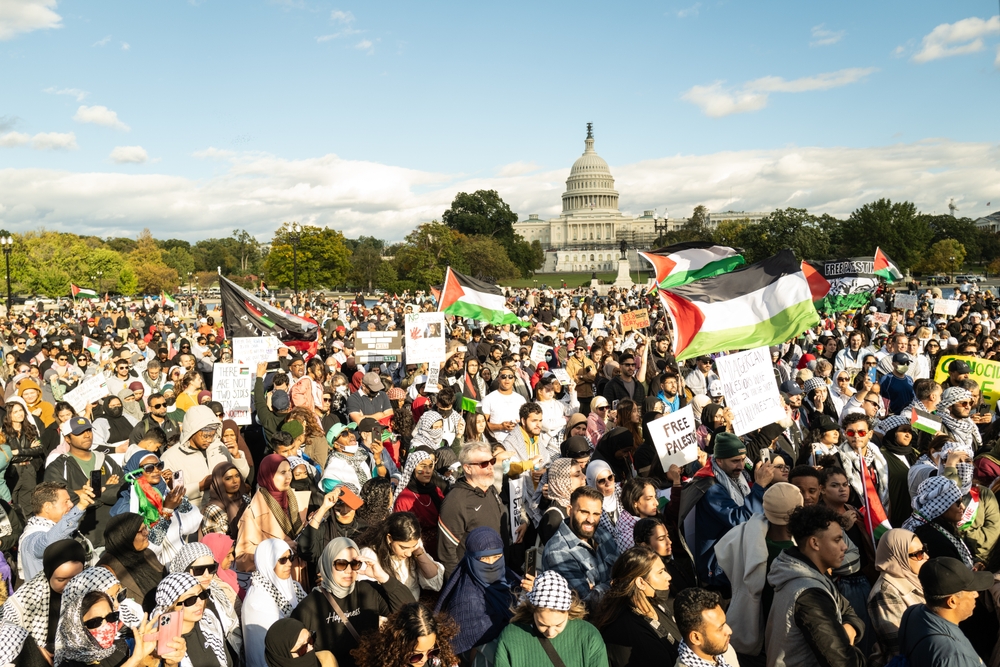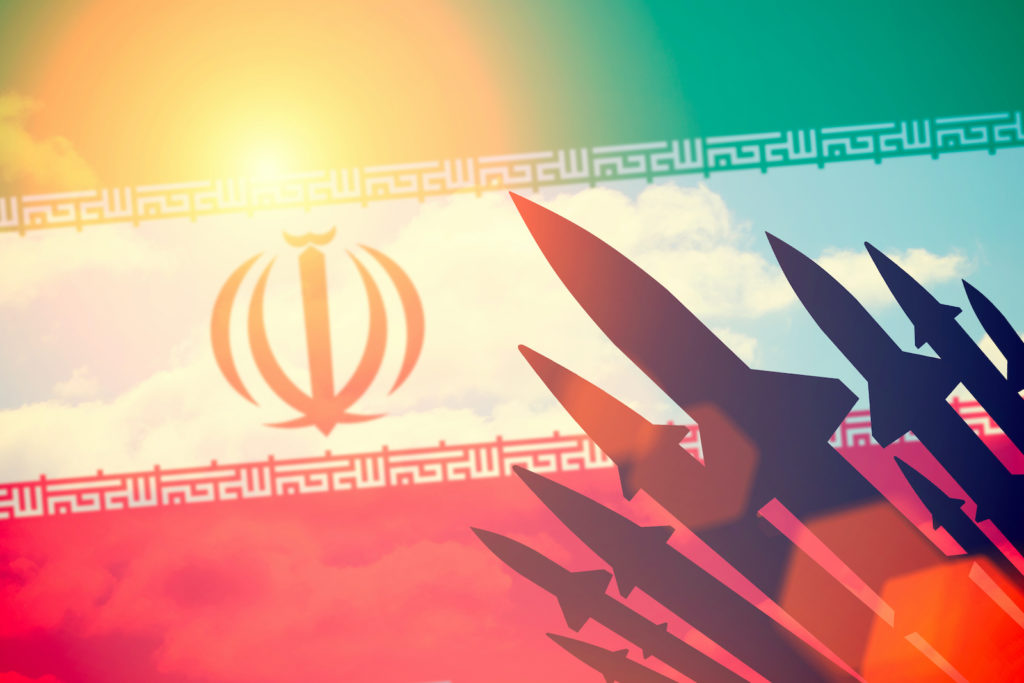IN THE MEDIA
A Terrorist Murder case is cracked
Nov 8, 2006 | Colin Rubenstein
By Colin Rubenstein
Herald Sun – 8 November 2006 (unedited version)
It’s a twelve year old murder case and it looks likes its finally been cracked. Eighty five people were killed and since last year, we have known exactly who did it. Last week, the prosecutor responsible for the case asked for arrest warrants for those who put him up to it.
What is extraordinary is that among the people named in the new arrest warrants are the former President of Iran, Hashemi Rafsanjani. Also named are a former intelligence chief, Ali Fallahijan, and a former Foreign Minister Ali Ar Velayati.
The actual murderer was, according to the investigators, Lebanese Hezbollah member Ibrahim Hussein Berro. The crime was a suicide truck bombing at the Argentine Israelite Mutual Aid Association (AMIA) Jewish community centre in Buenos Aires in July 1994.
I had the good fortune to meet the prosecutor in this case Dr. Alberto Nisman at the rebuilt AMIA building while participating in an American Jewish Committee diplomatic mission to South America last year.
Up until his appointment, there had been a decade of political obfuscation and legal misconduct in this case, which had prevented justice being achieved. Dr. Nisman, appointed by Argentinian President Kirchner who is determined to get to the bottom of the attack, has turned all that around.
The latest indictments are based on evidence that at a meeting in August 1993, attended by Rafsanjani, Fallahijan, and Velayati, a decision was taken to attack the AMIA building with assistance from Iran’s Lebanese terrorist client Hezbollah. It is also alleged that the explosives used in the bombing were smuggled into Argentina in the Iranian Embassy’s diplomatic pouch.
Experts have always believed that the AMIA attack was likely carried out by Hezbollah. This latest announcement is dramatic confirmation that they were acting on the direct orders of the Iranian Government. It is also widely-believed that Hezbollah was behind another bombing two years earlier on the Israeli Embassy in Buenos Aires, which killed 29 people.
In view of events like these, it never ceases to amaze me that some people insist that Hezbollah is a Lebanese “resistance” movement which only operates against Israel in southern Lebanon. The AMIA is just one example of Hezbollah’s global reach as the most important external terrorist arm of the Iranian government.
Terrorism experts say there are Iranian-funded operational cells of Hezbollah in 59 countries. The organisation has conducted bombings, suicide attacks, and assassinations throughout South America, Europe, the Middle East, and Asia.
According to Dr. Zachary Abuza, a top expert on terrorism in Southeast Asia who just visited Australia, Hezbollah has cells in our region too. He recently cited evidence that Hezbollah operates in Thailand, Singapore, Malaysia, Indonesia and the Philippines.
The most spectacular evidence of the danger it poses to Australia’s neighbourhood came in March 1994 in Bangkok. Hezbollah, with Iranian intelligence assistance, prepared a massive truck bomb to use outside the Israeli Embassy. The attack, which would have probably killed dozens of bystanders, was only thwarted by the sheerest of luck. The driver of the truck had a traffic accident on the way to carry out his attack.
Iran views terrorism as a legitimate means to promote both its strategic goals – including the elimination of Israel and the removal of pro-Western Middle East governments – and its theological aim – the expansion of its brand of Islamic fundamentalism throughout the world. Hezbollah is Teheran’s most important terrorist proxy but not its only arm for pursuing these goals.
All three major Palestinian terrorist organisations targeting Israeli civilians – Islamic Jihad, Hamas and the al-Aqsa Martyrs Brigade – are these days dependent on funding and other assistance from Iran, and Hezbollah.
In fact, Iran has consistently tried to foment terrorism against Israel every time there are signs of progress on the Israeli Palestinian track. For instance, last month, Iran reportedly gave Hamas US$50 million to block Egyptian efforts to mediate a prisoner exchange deal for the release of kidnapped Israel soldier Gilad Shalit.
Further, despite religious differences between them, the Shi”te Iranian Revolutionary Guard is reportedly cooperating with Sunni al-Qaeda to the extent of allowing 25 leaders of the organisation to operate freely from Iranian territory.
Meanwhile, Iranian President Mahmoud Ahmadinejad has repeatedly called for “wiping Israel off the map” and recently claimed he has a “connection” to God which guarantees that “believers” will be protected in any confrontation with infidels. Former President Rafsanjani, the one named in the AMIA case, speculated in 2001 that a nuclear conflict with Israel would be worth it since it would wipe out the Jewish state, but only “damage” the Muslim world.
Iran is also a very likely conduit through which terrorist groups could acquire nuclear weapons. For example, the regime, could hand them over as part of an effort to bring on an apocalypse leading to the messianiac age, something about which Ahmedinejad has speculated. Alternatively, rogue elements in the radical Revolutionary Guards, which control most of Iran’s most advanced weaponry, could slip them to their terrorist comrades.
By any measure and on several levels, the Iranian regime constitutes a clear and present danger to its own people, the Middle East region, and beyond.
Through terrorism alone Iran bears responsibility for taking the lives of hundreds of people from Beirut to Buenos Aires. If the ruling mullahs are allowed to secure nuclear capabilities, millions more would be in very real danger.
Dr. Colin Rubenstein is Executive Director of the Australia/Israel & Jewish Affairs Council. He previously taught Middle East politics at Monash University for many years.











